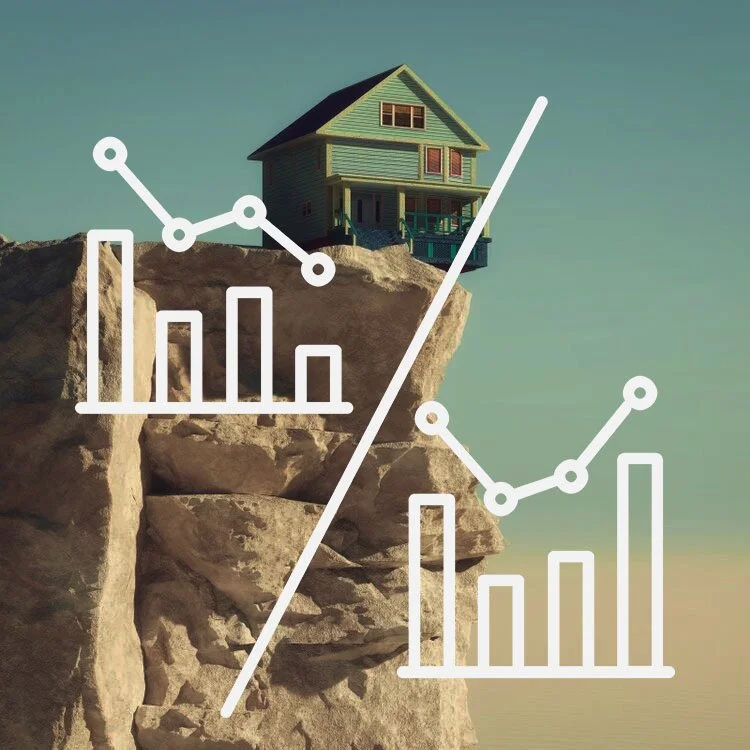Climate change-related forest fires, extreme weather, and flooding will decrease property values, increase maintenance costs, and impact Canadian real estate, particularly in coastal cities.
All in Homebuying
Property Market Recovery? Or A "Pause" In The Correction?
With so many market headwinds, the risk that this is a pause in the correction is higher.
Moody's Expects Housing Downturn to Continue
Canada's housing market is in a period of declining house prices due do painfully low affordability. According to Moody’s Analytics, Canada is only halfway through the housing correction.
Canadian property markets nearing tipping point
Limited supply is driving up Canadian real estate prices, since demand is at historic lows due to high mortgage rates it is too soon to call this the beginning of a bull market.
How soon will lower mortgage rates boost housing demand?
Lower interest rates can make it easier for people to buy a home.
Rates show signs of moderating in late 2023 or 2024
The Canadian economy is showing early signs of a recession in 2023. Headwinds from aggressive central bank interest rate hikes are gaining strength, and the housing market has already seen a sharp decline since spring.
Is consumer confidence a good predictor of economic performance?
Consumer confidence is a valuable tool for predicting economic growth but a poor predictor of home values.
The Real Estate Cycle: Are we entering recession?
We are entering the third stage of the real estate cycle characterized by hyper-supply stage. During this stage, investors should be cautious and many would-be buyers step aside to the sidelines.








